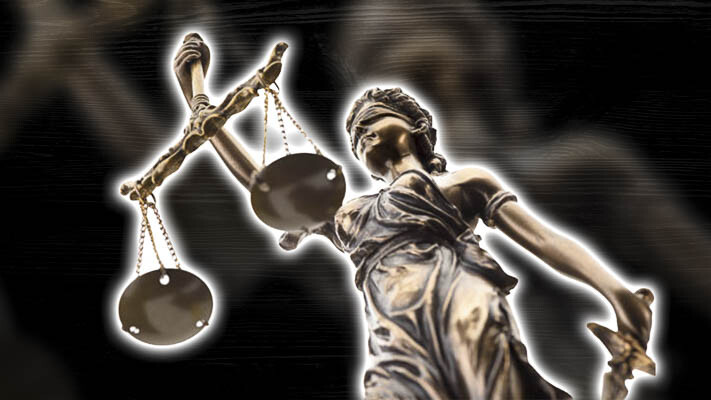
Elizabeth Hovde believes the state-union partnership helps keep public workers in the dark about their rights
Elizabeth Hovde
Washington Policy Center
It’s legislative season in Washington state, a time lawmakers can put policies and practices that need to be fixed into focus. One long overdue conversation is about the state’s role in how easy or difficult it is for some Washington state employees to exercise their First Amendment rights, as clarified by the U.S. Supreme Court in 2018.

In Janus v. AFSCME, the court decided that government workers who choose not to join a union can’t be required to pay union fees or dues as a condition of working in public service. Since the ruling, public-sector-union membership has declined, despite an increase in public employment.
As an Illinois social worker and the plaintiff in the case, Mark Janus, said of the ruling that bears his name, “I’m thrilled that the Supreme Court has restored not only my First Amendment rights but the rights of millions of other government workers across the country. So many of us have been forced to pay for political speech and policy positions with which we disagree just so we can keep our jobs. This is a victory for all of us. The right to say ‘no’ to a union is just as important as the right to say ‘yes.’ Finally, our rights have been restored.”
Some public workers in Washington state are still not aware that they don’t have to give a portion of their earnings to a union with which they disagree. That’s not a huge surprise. Public employee unions in the state aren’t generous with information about this workplace right. Instead, they make it difficult for employees to opt out. A public employee can, therefore, be forced to pay union dues despite the Janus ruling.
The state doesn’t offer good information about Janus rights, either, even on a Washington state Department of Labor and Industries web page that is supposedly devoted to workers’ rights. Not only does the state make it difficult to find neutral information about this important workplace right, it distorts the question of whether union dues are required or optional by playing the role of dues collector for unions.
This state-union partnership helps keep public workers in the dark about their rights. Washington state lawmakers should remove the state from its union-dues-collection role.
Other states are working on ways to ensure that workers’ First Amendment rights are respected. The Evergreen state needs to join them. Public employees should pay union dues just as they do other personal bills, and the state should limit itself to protecting a public employee’s right to join or not join a union.
Read more about this state solution in a policy paper I wrote titled, “Washington state should stop collecting dues for unions and help protect worker rights instead.”
Elizabeth Hovde is a policy analyst and the director of the Centers for Health Care and Worker Rights at the Washington Policy Center. She is a Clark County resident.
Also read:
- Opinion: Bill limiting notifications for parents passes committeeA Washington Policy Center column critiques SB 5181, which would reduce parental notification rights in Washington public schools.
- Letter: ‘Public safety is the backbone of a thriving community’Zach Goodman urges Camas and Washougal voters to support the RFA.
- Letter: Blood on their hands — A call for real leadership in VancouverVancouver resident Justin Forsman calls for bold new leadership in a public letter.
- Letter: ‘Should we vote for the RFA?’Camas resident Jeff Englund voices concerns about the RFA and tax impacts.
- Letter: ‘Thank you Michelle Belkot for your courage to question the light rail need and its prohibitive costs’Vancouver resident praises Michelle Belkot for opposing light rail costs and urges ethical governance on transportation boards.










